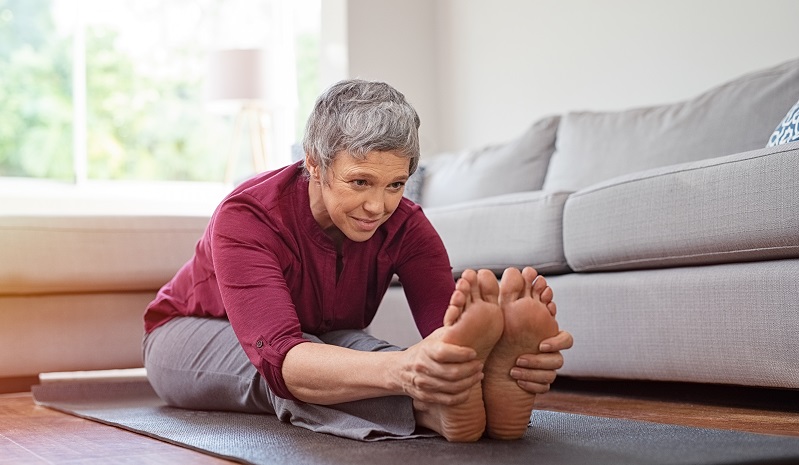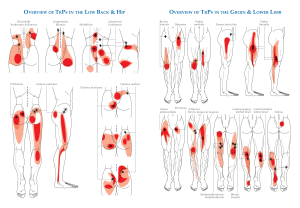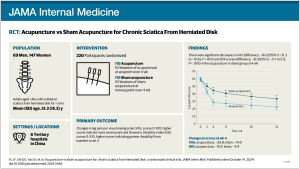What Happens To Your Spine As You Age?

Category: | Author:
The natural aging process comes for us all. As we get older, years of stress begins to take its toll on our body, which can end up making once-normal movements a little bit uncomfortable, and that’s certainly true for our spinal column. But how exactly does the aging process affect our spine, and is there anything that can be done to slow or stop this degeneration? In today’s blog, we take a closer look at what happens to your spine as you age.
Aging And Your Spine
Every day you put your body under different types of stress. Your body may appear to handle these normal stresses with ease, but over the years all this stress ends up slowly wearing down key structures in your spine. The most commonly affected area in your back are your spinal discs. These spinal discs sit between each vertebra in your spine and act as a natural shock absorber, while also helping provide flexibility every time you twist, turn or bend. These flexible discs are mostly made up of water, and as you get older they ever so slowly begin to lose some of their water content.
This moisture loss causes the discs to become a little thinner and more brittle. When this happens, discs are more likely to erode, break or slip out of place, leading to conditions like degenerative disc disease, disc fractures and herniated discs. Additionally, this loss in disc height can cause the vertebral sections to rub against one another, wearing them down and causing issues like pain and stiffness.
The spinal column as a whole can also be affected by the aging process. Your spinal column acts as a natural tunnel for your spinal cord and other key nerves to pass through on their way across the body. As you get older, this tunnel can end up narrowing a bit due to natural degeneration and the onset of inflammation. When there is less room for these nerves to travel unimpeded, they can become irritated, compressed or damaged, causing a variety of nerve-related symptoms.
Preventing Age-Related Spinal Issues
There’s nothing you can do to slow the passage of time, but that doesn’t mean that you just need to accept that your back is going to start hurting as you get older. There are plenty of things you can do right now that will help your spine down the road. Some ways you can work to significantly slow the effects of age-related spinal degeneration include:
- Exercise regularly
- Consume a diet full of healthy vitamins and minerals
- Maintain an ideal weight
- Strive to have correct posture when seated or standing
- Avoid smoking or excessive alcohol consumption
- Proactively treat new or worsening spinal conditions
- Regularly stretch your spine and work to maintain flexibility
- Have regular checkups with your primary care physician
Your spine may not feel as spry as it did when you were 20, but that doesn’t mean you need to just accept that it will always be uncomfortable now that you’re over the age of 50. If you put in a little work and try to do right by your spine, you can help minimize symptoms long into your golden years. And if you need help with this process or any related spine issues, know that Dr. Sinicropi is here to help. For more information, or for help with a different back problem, reach out to Dr. Sinicropi and the team at The Midwest Spine & Brain Institute today at (651) 430-3800.
Related




